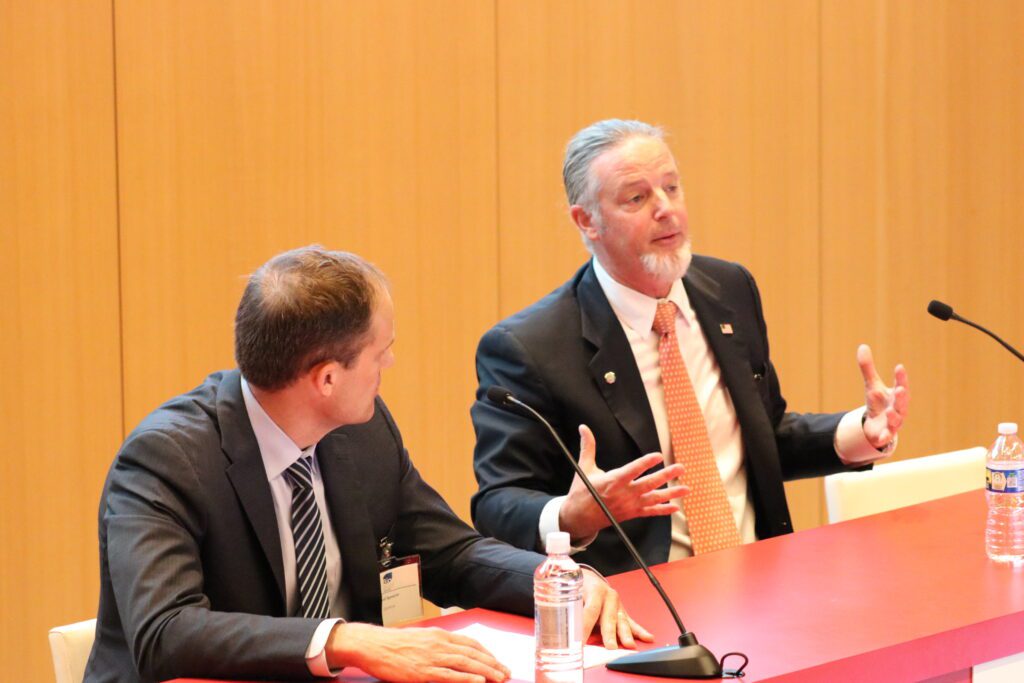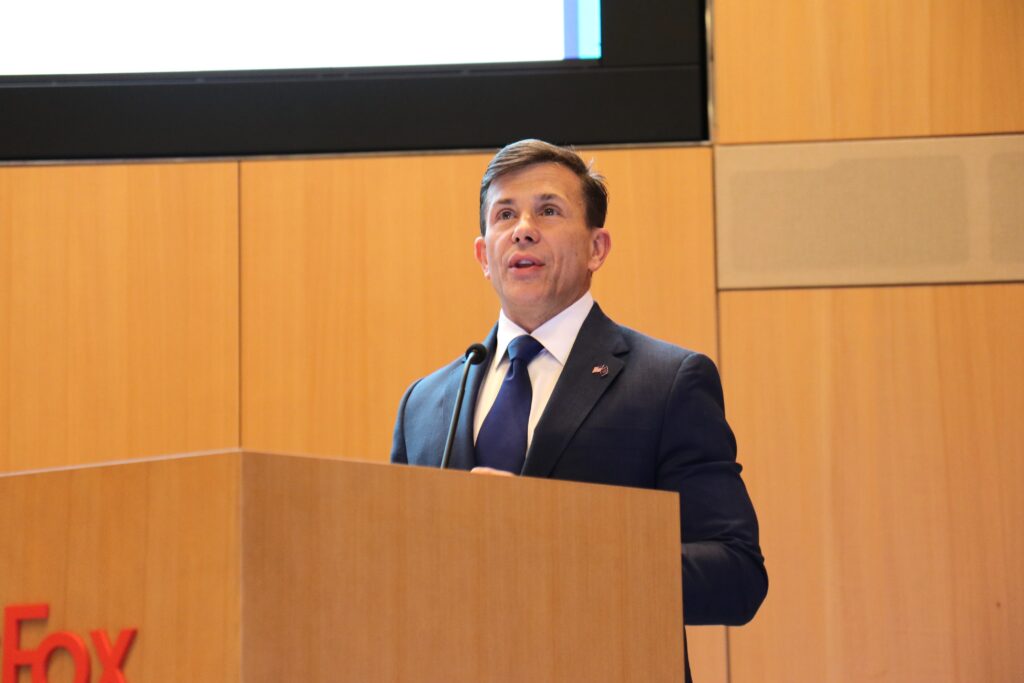Discussing women’s health seems to make some people uncomfortable, but this vital concern for half the world’s population needs more discussion, and investment, a new episode of the I am BIO Podcast explains.
“Vagina is not a four-letter word. It is a body part,” says Sabrina Martucci Johnson, CEO of Dare Bioscience, which advances therapies for women. “We’re running a study right now in female sexual arousal disorder, and how shocking it has been to learn that almost to a woman, the participants in this study have not talked about the condition with their partner until they enrolled.”
It’s not just insufficiently discussed, women’s health also receives insufficient investment, the podcast points out.
A paltry pipeline
“Two percent. That’s the total percentage of products in the development pipeline that are women’s health products. And overall venture capital investment dollars in the space, the same 2%,” says podcast host Theresa Brady. That’s despite the fact that 27% of health products generating more than $500 million in annual revenues are for women’s health, and women control 80% of household health decisions, podcast guests note.
“We are an enormous market with unmet needs,” says Elizabeth Bailey, Managing Director of RH Capital, a venture capital fund that supports women innovators and entrepreneurs while tapping a lucrative market. “We should be a great investment bet.”
One factor for change is the growing number of women innovators, Bailey says in the podcast.
“When we look at the pipeline over the last few years of opportunities, we have tons of new founders, new CEOs entering the space,” she says. “We need to look to the private sector to develop solutions to serve these women, and we need to include them.”
Women’s health should go beyond contraception, fertility, and maternal health, to include conditions disproportionately affecting women, or conditions that affect women differently, says Martucci Johnson. Yet, despite their eagerness to participate, women are underrepresented in clinical trials, the podcast notes.
It might take years to close the gaps in developing medical treatments for women, podcast host Brady says. “In the end, it comes down to normalization, representation, and just recognizing the huge untapped market potential,” she says. “As more women speak up about their health needs, and as the number of female leaders in biotech and venture funds increases, we will see more innovation in women’s health.”




